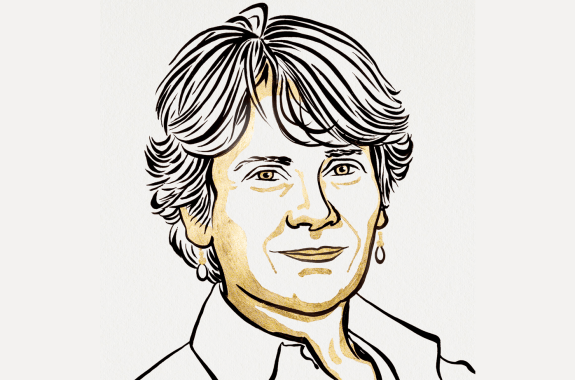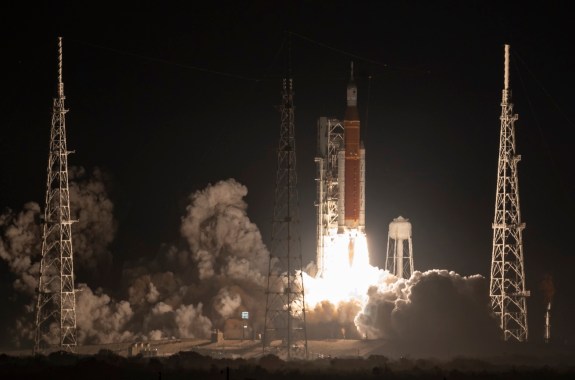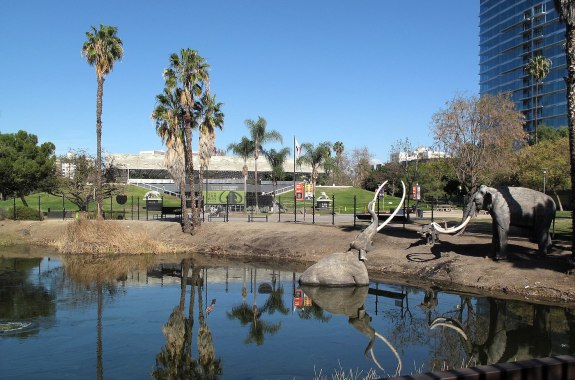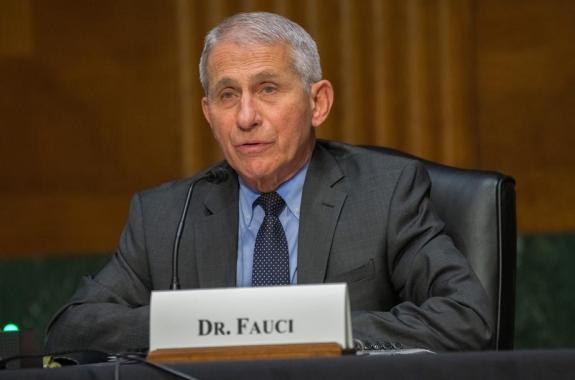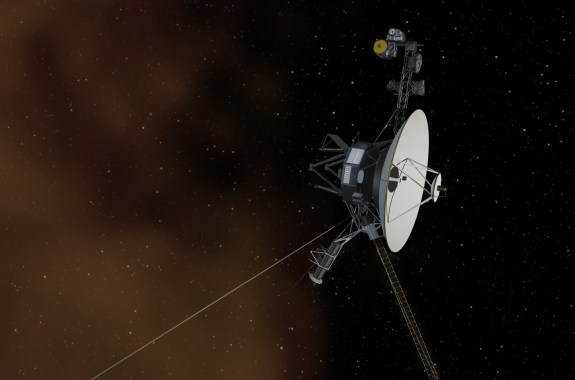As Science Friday’s director and senior producer, Charles Bergquist channels the chaos of a live production studio into something sounding like a radio program. He coordinates in-studio activities each week from 1-4. And then collapses. He also produces pieces for the radio show. His favorite topics involve planetary sciences, chemistry, materials, and shiny things with blinking lights.
Charles has been at Science Friday longer than anyone on staff except Ira, and so serves as a repository of sometimes useful, sometimes useless knowledge about the program. He remembers the time an audience member decided to recite a love poem during a live remote broadcast, the time the whole staff went for ice cream at midnight in Fairbanks, Alaska, and the name of that guy Ira is trying to remember from a few years back who did something with space.
He hails from southeastern Pennsylvania and worked for a while as a demonstrator at the Franklin Institute, Philadelphia’s science museum (favorite devices: Maillardet’s Automaton, the stream table, the Chladni plates). He has a degree in chemistry from the University of Delaware, home of the Fighting Blue Hens, and a master’s in journalism from New York University’s Science, Health, and Environmental Reporting Program. However, he attended the program prior to the addition of ‘Health’ to its name, which may explain his slight unease when covering medical topics.
Outside the walls of Science Friday, he enjoys backpacking, camping, cooking not-entirely-healthy things, reading escapist fiction, and trying to unravel his children’s complicated stories.
12:12
FDA Expands Pharmacy Options For Abortion Pills
More pharmacies can seek permission to carry the medication, but local rules may vary.
11:50
Keeping The Bubbly In Your Holidays, With Fizzical Science
We pour over the science of the effervescent bubbles of champagne.
16:32
How The Transistor Transformed The World
The invention of the transistor 75 years ago made the modern age possible, thanks to its ability to amplify or switch electrical signals.
10:33
Scientists Discover What Makes Jazz Music Swing
Research mixing math and music finds what gives jazz that funky feeling.
23:55
A Nobel Prize For Chemistry Work ‘Totally Separate From Biology’
Nobel laureate Carolyn Bertozzi talks about her groundbreaking research and how it might be applied to advanced drug delivery.
16:39
Prizes For Science That Makes You Laugh, Then Think
From the engineering of doorknobs to an algorithm that tells you when to lie, an annual salute to unusual science.
19:46
NASA’s Massive Rocket Finally Launches To The Moon
This week’s uncrewed Artemis mission took a decade to develop. It’s the first step toward a new potential lunar space station.
12:11
How Past Extinctions At The La Brea Tar Pit Can Teach Us About Our Climate Future
The director of the Los Angeles Museum of Natural History discusses how Ice Age megafauna can teach practical lessons on climate, extinction, and survival.
24:47
As Anthony Fauci Steps Down, A Look Back At His Storied Career
Science Friday has been interviewing Dr. Fauci since 1994, on topics ranging from COVID, to HIV/AIDS, to allergy research.
7:11
The ‘Grandfather’ Of The Voyager Mission Retires
Ed Stone, who retired last week after 50 years as the Voyager project scientist, reflects on the mission.




